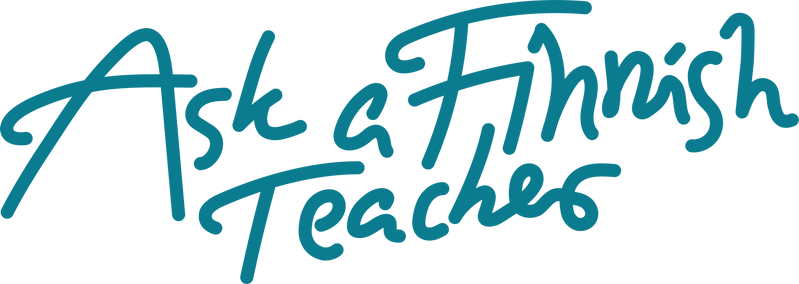Meri writes:
Hi Mari,
I have some questions regarding the verb ostaa and the behavior of some nouns and the endings they take. Ostaako Peter bussilipun? Minä ostan maitoa/ jäätelöä. Assuming that the sentences are correct, which I think they are, why is it that with the same verb variations to the noun are possible? What is the difference? When do we know which variation to use? Here are my suggestions/ problems. I know that the partitive case is used for nouns that cannot be counted Maito is one such noun. You cannot count the milk, but the containers in which it is stored. However, as I see it, jäätelö can be counted, or am I wrong? One more thing. How do say that I want for example to buy tickets to a concert, for one, then the tickets to a particular concert? Would these be correct? Minä haluan ostaa lipput. Minä haluan ostaa lippuja. Thanks,
Hi Meri!
Thanks for the great questions! I’ll start with the second one, which is easier and faster to answer:
How do say that I want for example to buy tickets to a concert, for one, then the tickets to a particular concert? Would these be correct? Minä haluan ostaa lipput. Minä haluan ostaa lippuja.
Your suggestions are almost correct, just remember the kpt-change for the word lippu:
In a word like lippu (I call this the KATTO word type), if your have two p’s in the nominative, the word loses a p in the plural nominative (t-plural) form: Minä haluan ostaa liput ‘I want to buy the tickets’.
If you use the plural partitive, Minä haluan ostaa lippuja, it means that you want to buy some tickets. In English, I’d say I want to buy tickets.
With the plural nominative, Minä haluan ostaa liput, the sentence means that you want to buy specific tickets, and the English equivalent would be I want to buy the tickets.
My completely unresearched, subjective feeling is that in English, I want to buy tickets would usually be the way to go – in a lot of contexts, I want to buy the tickets would seem oddly specific, like you had some very specific seats in mind and no other tickets to the same concert will do. You’d use the tickets only if you’d already been discussing some specific tickets already, like this:
Anneli: I really wanna go see Maria Gasolina next week! I wonder if there are any tickets left!
Heidi: OMG me too!
Anneli: I’ll find out and get us tickets if there are still some left.
Heidi: Awesome!
later:
Anneli: Guess what, I got the tickets!
In Finnish, however, the default in many contexts would be Minä haluan ostaa liput, and Minä haluan ostaa lippuja would be used to emphasize that the amount of tickets is nonspecific. So the same conversation would go something like this:
Anneli: Mä haluun mennä Maria Gasolinan keikalle ens viikolla! Onkohan sinne vielä lippuja jäljellä?
Heidi: Et oo tosissas, niin mäkin!
Anneli: Mä otan selvää ja hankin meille liput jos niitä on vielä jäljellä.
Heidi: Upeeta!
myöhemmin:
Anneli: Arvaa mitä, mä sain ne liput!
As you can see, for the Finnish version I used the pronoun ne to emphasize that we’re talking about specific tickets that have been mentioned before, whereas in English the article does the trick.
Well, that was a lot of detail for a simple question! I hope I didn’t manage to just make it sound even more confusing. The bottom line is, both are correct, and which one is better depends on the specific context, which you will start to get a handle on as you progress. You’ll sound good and make yourself understood anyway. Feel free to continue the conversation in the comments if you need any more clarification on this.
For your first question, I’ll make a second post, coming up soon!

Leave a Reply
You must be logged in to post a comment.